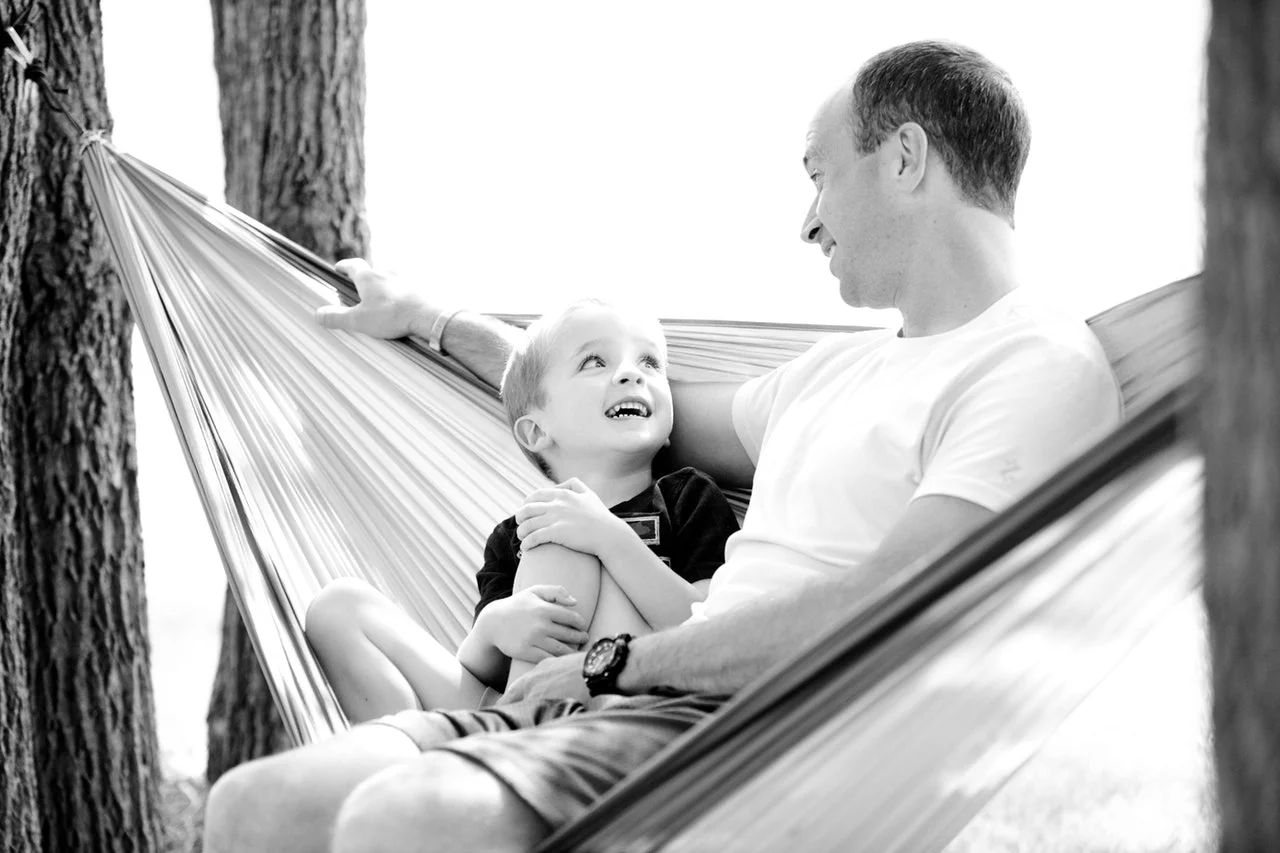I often wear my Desert Storm hat in public because I am proud to be a veteran. I love for other veterans to come up to me and tell me their story, and all veterans have them. Some stories are funny, some are serious and others are downright bothersome. On occasion, a civilian will come up and thank me, but usually it is a veteran who thanks me for my service. I was not prepared for what happened last week at a local restaurant. A young man who appeared to be about 10 years old came up to me, shook my hand and thanked me for my service. He was followed by his younger sister who did the same. Their dad had a huge smile on his face and said, “I am trying to raise them right” I shook his hand, and thanked him. I assumed he was a veteran or in the military because of his haircut. He told me he was a law enforcement officer. I can honestly say I was impressed. Of all the people that have thanked me these children moved me the most. At times, we write off the newer generations but they usually come through.
Since the most recent wars started in 2001 the country has seen a significant increase in patriotism that most veterans did not expect. Before the most recent wars it was unusual to see a Vietnam veteran hat anywhere, now you constantly see them. I believe our society feels some guilt for the way we treated the Vietnam veterans, as they should. Between the Vietnam Veterans and societal guilt our veterans are getting the recognition they deserve. Some struggle with their time in service and feel it is too much recognition. Most of them don’t wear the hats or shirts, they set quietly in their corner because they are struggling or feel they are boasting if they bring attention to themselves. For the most part if they are wearing a hat or shirt stating they are a veteran it is ok to thank them because they are opening the conversation by wearing their military veteran clothing. But veterans are disappearing. A 2014 survey indicated there were 19.3 million military veterans, of which 9.4 million are over 65 years old and only 1.7 million are younger than 35. With the estimated suicide rate of 20 veterans a day committing suicide more than 69% of veteran suicides are among those age 50 years and older.
We also have the least number of veterans serving in congress in our nation’s history. In the house of representatives 90 of 435 seats are filled with veterans, in the senate 26 of the 100 seats are veterans. Less than 22% of those serving in congress are veterans. This number will more than likely continue to decline because of the amount of money it takes to run for a seat, most military veterans do not come from wealthy families with the money needed to run for the Senate or House. If the younger generations do not understand what veterans have done in the past they will be lacking information for the future, we need to let them know the sacrifices veterans have made.
I challenge every veteran to spend more time telling their stories to children in their family. If you get the opportunity go to a school and volunteer to tell your story to a history class. We don’t need to get into the details, just discuss what you have done for your country and how you fought for the freedoms they have. The younger generation will be playing a part in who will be controlling the conversation in the future. As they age we need them to continue to fight for our promised benefits. They will be the ones who drive the discussion in the future concerning the Veterans Administration and will be setting the funding. If they do not know what has been sacrificed they might feel the need to stand by because they don’t understand. It is our job to help them understand. Since only 7 % of the population has ever served, only 1% have served since 2001 it is imperative that we tell the younger generation our stories. Keep our history alive to help prevent history from repeating itself. It’s also important for future VA funding. Please get involved in telling your story. The library of Congress has a program called the Veterans History Project. Please consider it and tell your story, veterans future might depend on it. If there are more children like the ones that approached me last week we stand a chance to get the benefits we have earned.
For questions or comments, I can be reached at afterdutyvets@gmail.com or visit our website at marriedtoptsdpro.com and like us on Facebook at Married to PTSD Pro.








